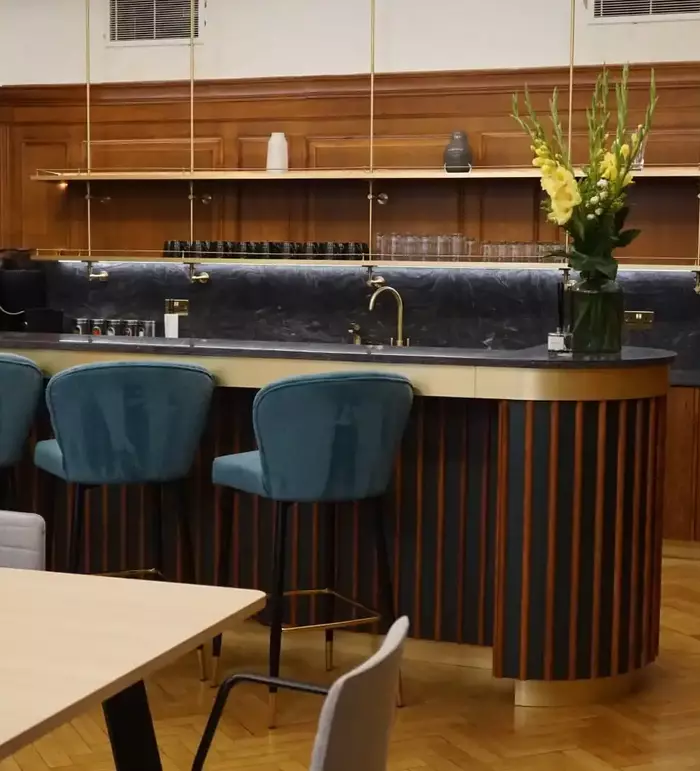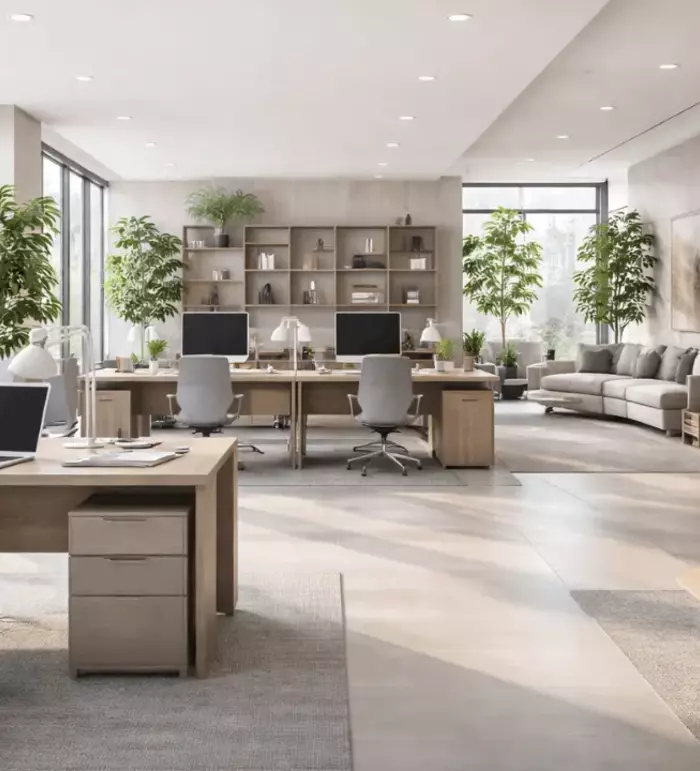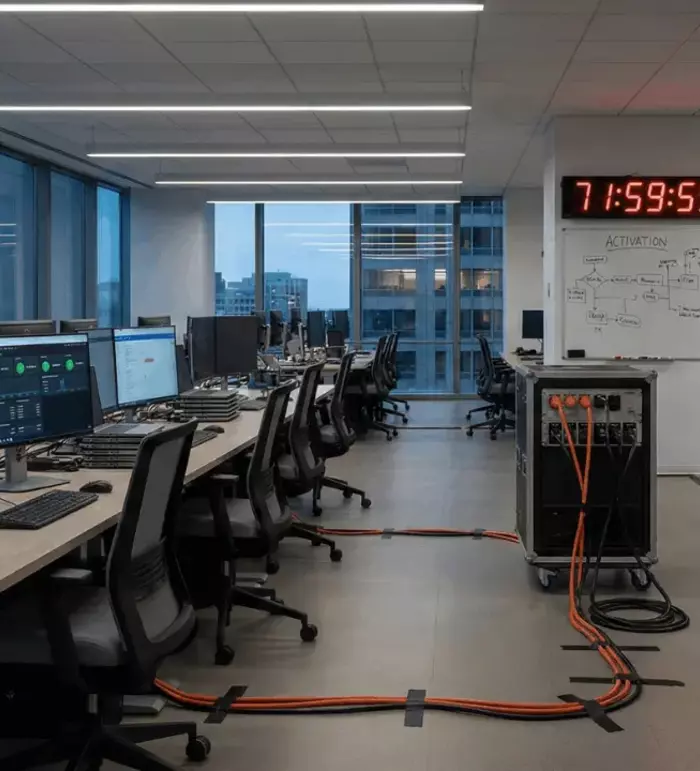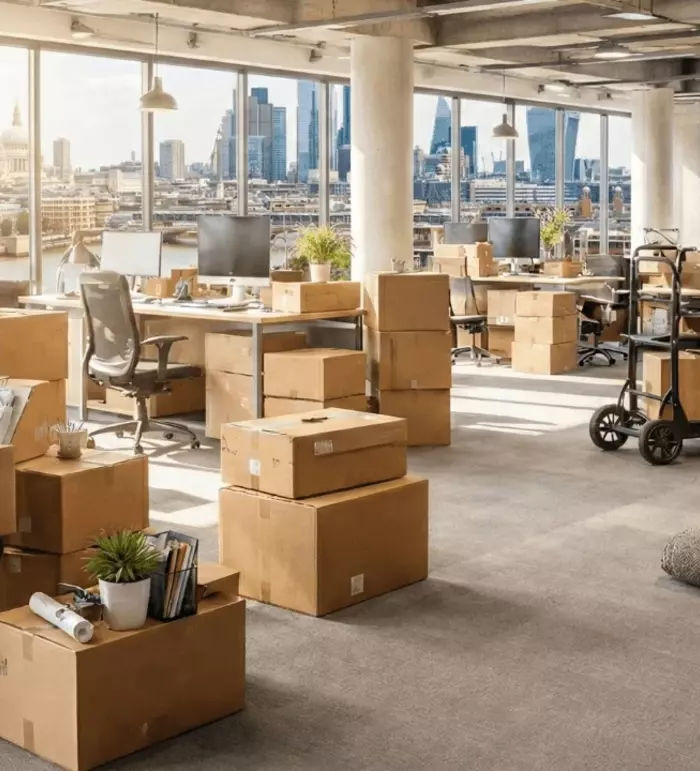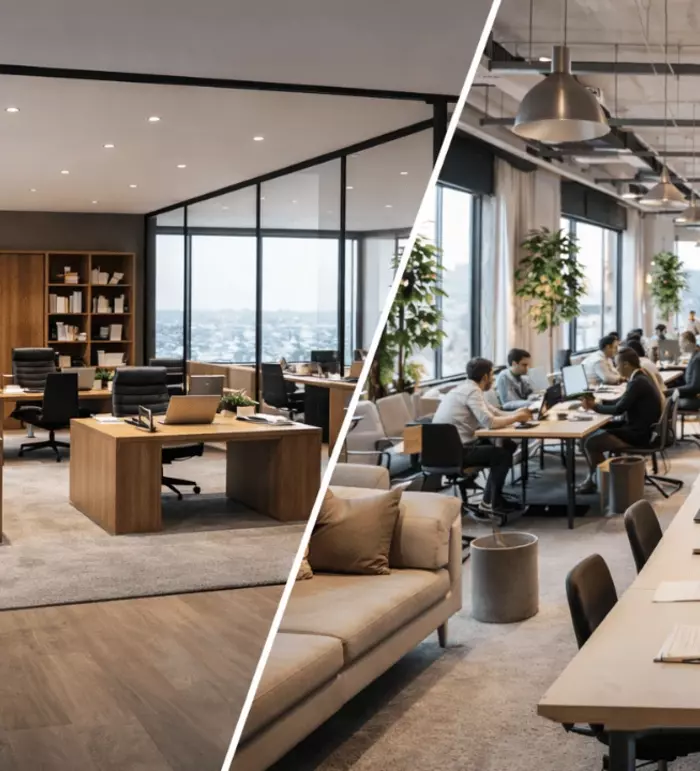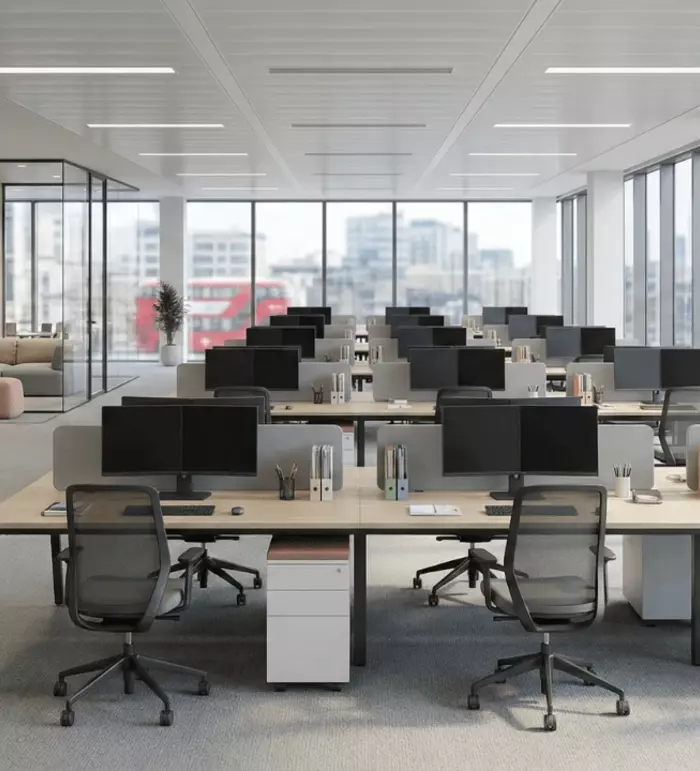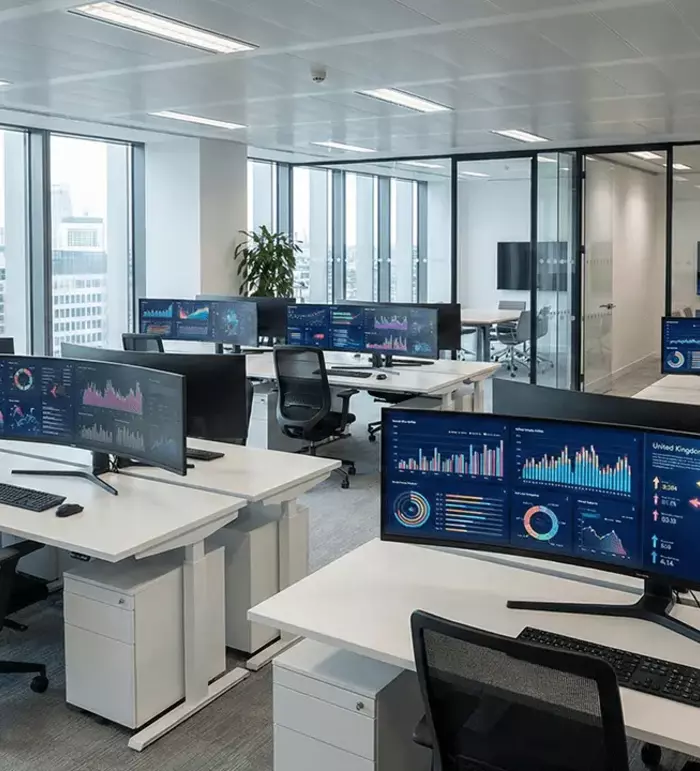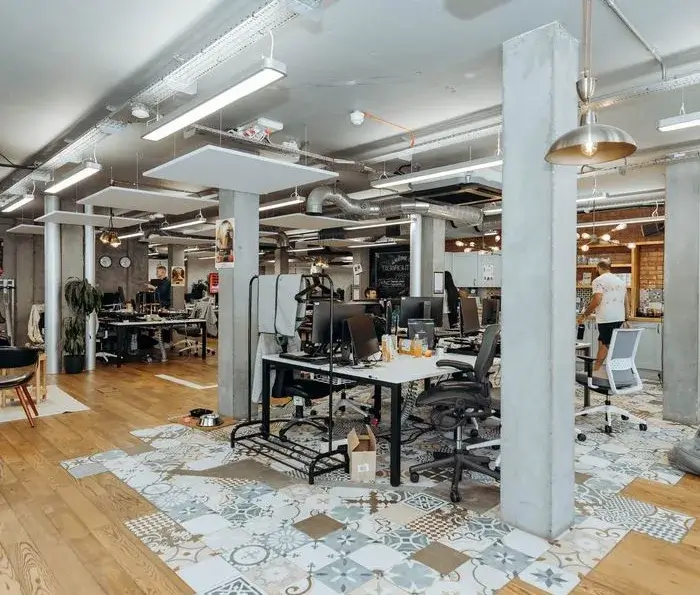The way we think about offices is changing, with the pandemic and the rise of remote and hybrid working causing businesses of all sizes and in all sectors to reassess their relationship to their workspace.
Now more than ever, businesses prize flexibility. Whether you’re a startup looking to stay as agile as possible, a mid-sized or large corporate exploring opportunities to launch satellite offices, or a freelancer in search of a collegiate and productive working environment, flexible office spaces can be the choice you need to succeed.
Here at Flexioffices, we’re always on hand to help you find the perfect office space. In this post, we’ll explore the differences between flexible office spaces and traditional leases, and cover how you can decide which option is best for your business.
What is Flexible Office Space?
Flexible office spaces provide businesses with ready-to-use, fully equipped workspaces on short-term, easily adjustable contracts.
Unlike traditional leases, flexible office spaces are designed to adapt to changing business needs. They typically include high-quality office furniture, access to shared amenities like meeting rooms and breakout areas, and services like front-desk staff, IT support, and maintenance and cleaning.
Flexible offices are popular among startups, freelancers, and corporates looking for short-term commitments, quick setup, and low upfront costs. They offer freedom, adaptability, and a cost-effective way to establish a presence without the overheads associated with traditional office spaces.
Different Types of Flexible Office Space
Serviced Offices
Serviced offices are fully equipped private offices managed by an external provider. They offer businesses a professional solution with access to shared amenities and utilities.
Key features include:
- Private offices
- Reception services
- Short-term contracts
Best for: Businesses that value some level of privacy as well as agility and speed of setup. Ideal for SMEs and satellite offices.
Managed Offices
Managed offices sit between serviced offices and traditional leases. They provide a bespoke workspace tailored to your business needs but managed by a third party. While you can customise the space to suit your needs, you still enjoy flexible contract terms without the hassle of property management.
Key features include:
- Customisable design
- Operational management
- Flexibility in terms
Best for: Growing companies that need a dedicated space that can reflect their brand, but without the cost and responsibility of property management.
Coworking Spaces
Coworking spaces offer shared workspaces designed for collaboration and community. They’re ideal for freelancers, remote workers, and small teams. They include open desks, hot desks, and dedicated desks, as well as communal areas.
Key features include:
- Shared desks
- Networking opportunities
- Communal spaces
Best for: Freelancers, startups, and small teams looking for a collaborative environment with opportunities for networking.
What are the Differences Between Traditional and Flexible Office Spaces?
Cost
Traditional office leases tend to require significant upfront investments, including deposits, legal fees, and fit-out expenses. Monthly rental costs can be predictable, but budgets can get higher when you factor in maintenance and utility costs.
In contrast, flexible office spaces consolidate these expenses into a single, transparent monthly fee. This all-inclusive pricing covers utilities, internet, furniture, and access to amenities.
For small businesses or startups looking to manage budgets this predictability and lower initial outlay makes flexible spaces highly appealing.
Fit-out
Traditional offices typically come as empty shells, leaving tenants responsible for furnishing and customising the space. While this provides freedom to design and decorate the space as you want, it also adds to both the cost and time taken to move in.
Flexible office spaces come pre-fitted with modern furniture, decor, and essential office infrastructure. This plug-in-and-play setup means your business can hit the ground running, starting operations as soon as you move in.
Flexibility
Traditional leases often lock businesses into long-term commitments - commonly five to ten years. While this arrangement offers stability, it lacks the adaptability you need if you want to scale up or downsize quickly.
Flexible office spaces offer short-term contracts, sometimes as short as a month - while shared workspaces can offer freelancers access on a same-day basis.
This flexibility allows businesses to adjust their workspace as their needs evolve, making it ideal for growing companies, project-based teams, or businesses whose activity varies on a seasonal basis.
Speed of Moving In
Moving into a traditional office can be a lengthy process, with fit-out work, utility setup, and design and decoration to take care of.
In flexible office spaces, this process is streamlined. Businesses can move in almost immediately, as spaces are already equipped and operational.
Amenities
In traditional offices, tenants are responsible for setting up everything from meeting rooms and breakout areas to communal spaces and kitchens. This means extra cost and effort, with businesses required to handle everything from utilities and IT to furniture.
Flexible office spaces, by contrast, come with shared amenities already set up and ready to use, with fully stocked kitchens, on-demand meeting rooms, high-speed internet, and even wellness areas.
What Type of Office Space Solution Best Suits My Business?
Choosing between traditional lease options and the various varieties of flexible office space solutions is an important process, with no one-size-fits-all answer. Getting it right means taking a close look at your business requirements, goals, and growth trajectory.
Startups and Small Businesses
If you’re just getting set up or at an early stage of your growth process, flexibility is crucial. Flexible office spaces provide cost-effective solutions with no long-term commitments, enabling you to scale up or down as needed, and helping you avoid overcommitting early on.
Freelancers and Remote Workers
If you’re a professional seeking a productive environment with opportunities to network with others in your sector, coworking spaces and shared workspaces could be the perfect solution, offering community, resources, and a welcome change from working from home.
Corporates
If you’re a mid-sized company exploring satellite offices or accommodating additional teams to handle projects or short-term extra workloads, flexible office spaces offer the flexibility you need, with quick setup and short-term lease commitments providing the chance to test market appetite without taking on too much financial risk.
Established Businesses
For a well-established company seeking stability and control, traditional leases can be the best option. They provide long-term security and allow for full customisation, making them perfect for companies with clear and predictable growth expectations.
Finding the Right Flexible Office Space Solution with Flexioffices
Choosing between flexible office spaces and traditional leases is not just about cost - it’s about aligning your workspace strategy with your specific business needs, objectives, and culture.
With the vast range of London office space on the market, expert support can be especially valuable. Our office space calculator can provide the basics you need to get started - and if you still need more help, don’t hesitate to contact us. With over 5,000 serviced offices and 800+ managed offices, we have something that’s right for your business, no matter your size, sector, or goals.

